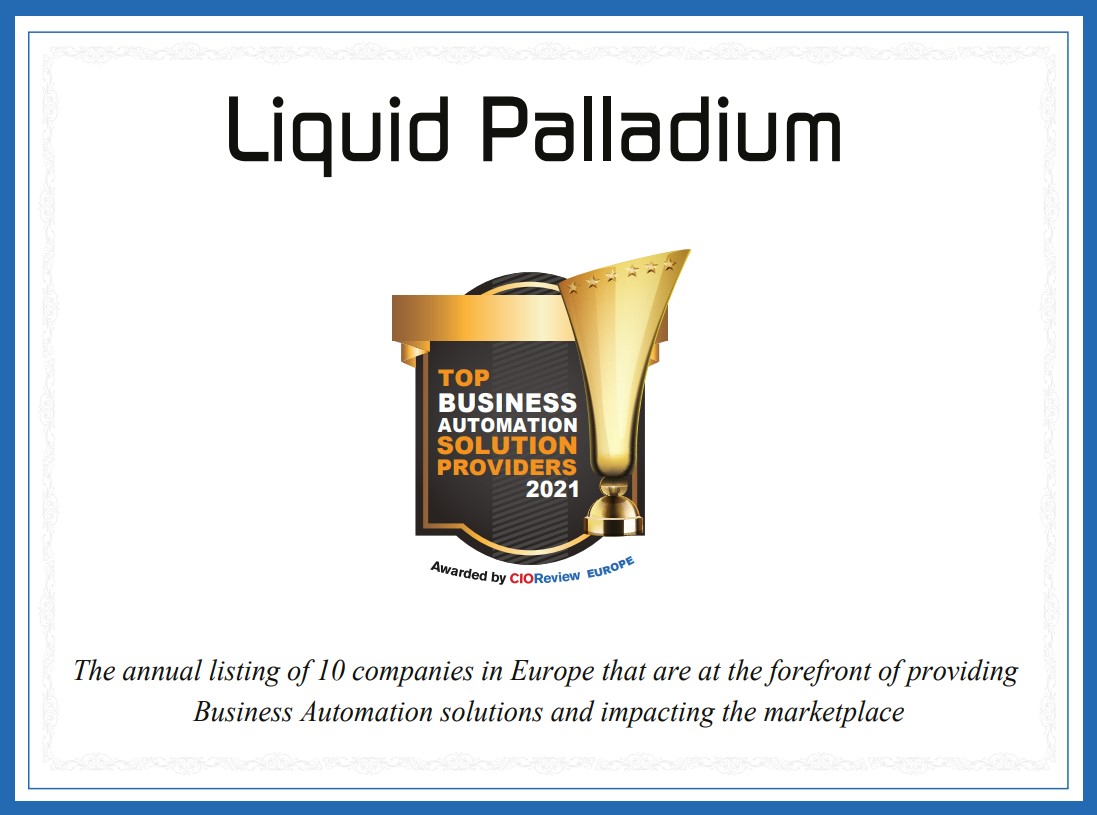Recruiters work incredibly hard, and often have many balls to juggle as part of their remit. Their role comprises such a wide array of tasks, such as taking job briefs from clients, sourcing & screening candidates, scheduling and conducting interviews, compiling short lists for clients, managing negotiation and offer stages, and even on-boarding. The list could go on…!
It’s a highly pressurised role and important that you find the right hire for your clients. A great hire can totally transform a team or business; a bad one can cost a company dearly, not just in terms of the cost to find another hire, but also potentially in how disruptive a bad hire can be to existing employees. So in finding that perfect hire, it’s vital that recruiters don’t waste time or lose great talent in the process.
Focusing on the right areas
And yet so many manual tasks still exist in recruitment which ultimately take recruiters away from the most important parts of the job: offering a high-quality service and building relationships with clients and candidates. Not to mention the challenge of steering them both through the, sometimes, rocky road of a hiring process to achieve a successful match for both parties.
If recruiters spend their time on low value, repetitive tasks, then top talent will be lost. This will either be through a poor candidate experience or because your team have been slower to interview or offer. In a talent short market, your recruiters should focus on the higher value parts of their job for your business to succeed and grow.
Manual tasks that are potentially losing you candidates
Here are some of the manual tasks that could be taking up your recruiters’ time and letting candidates fall through the cracks:
1. Adding candidate details to your database / CRM
Very often, recruiters or admin staff will be manually adding candidate details to your database or CRM from a LinkedIn profile, CV, or even just an email. It can be time-consuming working through all of the mandatory fields to ensure a record is accurately uploaded. Not to mention, the amount of human error that can creep into this process…such as uploading information into the wrong field, or typos in crucial information such as names or email addresses. If errors appear, then a candidate might not be contactable because their email was misspelled. Or the candidate might miss regular marketing communications because their email had been entered in the wrong field. It could mean a losing out on a good candidate because your data quality was poor or because your consultant was bogged down on data entry rather than relationship building.
2. Copying data between systems
Most recruitment firms will have a number of legacy systems in place and very often, those systems don’t talk to each other. Even those firms with impressive tech stacks will usually have staff who spend a portion of their time copying data between systems because they aren’t fully integrated. This could be copying placement data between your database and finance system, copying candidate details between your CRM and marketing comms tech, moving financial information between systems to generate invoices or update company accounts…the list is endless.
If your recruiters are spending unnecessary time manually coping or inputting placement data into multiple systems to ensure jobs are closed, clients are invoiced and they receive their commission payments, then they are not working as efficiently as they could be. Instead they could be focussing on winning new business, or filling other roles they have open.
3. Performing candidate background checks
Do your candidates require certain certificates to practice? Are specific qualifications a pre-requisite or are visa checks necessary to ensure a right to work? Do DBS checks need to be supplied? Whether it’s your recruiters or back office staff completing these, it can be time consuming and cumbersome for the staff involved, not to mention the other higher value tasks they could be getting on with instead. It could also mean candidates potentially losing out on job offers if background checks aren’t completed quickly enough. This won’t reflect well on your brand, or earn you that all important placement fee.
4. Replying to Frequently Asked Questions
How much time do your recruiters or admin staff spend responding to the same old questions from candidates? For many, on a daily basis they potentially have a stream of emails and texts which might need a response. More than likely, there will be some common questions which come up time and time again. If recruiters are busy replying to the same queries over and over, then they are unable to work on higher value tasks which could add more value to the business and make placements. Plus if your candidates don’t receive a timely reply or even at all because your recruiters are busy doing other manual jobs…it creates a bad experience and they might just go to your competitor instead.

5. Processing candidate time sheets and generating client invoices
On a weekly basis, think about how many time sheets are sent in from your various contractors. How many of those need chasing up or approving by clients? Plus, chances are your staff have to take any time sheets coming in via email and input the data into a payroll platform. It’s a common and repetitive process for many recruitment firms. Delays in time sheets being processed or approved can lead to your contractors not being paid on time. This will ultimately damage your brand and your contractors might end up going to a competitor with slicker processes.
6. Scheduling interviews
Scheduling interviews and trying to find a suitable time when both clients and candidates are free can be one of the most time-intensive and frustrating tasks for a recruiter. Especially when you add in the possibility of multiple interviewers with busy diaries, and people having to make last-minute changes. All the back and forth, matching up diaries, people not responding to emails and potentially losing out on good candidates who get snapped up quickly. This can all be enough to drive recruiters mad and lose you potential placement fees. Your clients and candidates will get frustrated by your inefficient processes and might decide to use a different recruiter.
7. Not keeping candidates engaged
This can be one of the biggest frustrations for candidates after being added to your database. Perhaps they weren’t suitable for this particular role, or they might even make it to interview stage but then another candidate is offered the job. But then they never hear from the recruiter again. They are left in the database to squander. They never hear about other suitable roles because it’s too much like hard work for the recruiter to sift through the database.
You’ve worked hard and spent money trying to find that highly valuable candidate in the first place…and yet nothing further happens with them. It leaves a bad taste in their mouth. You might then spend more money on job boards getting the same applicants to apply to you. Or by the time you get around to contacting them again, they’ve either found a new job or registered with your competitors. Imagine the potential value of all the candidates in your database who are not being actively engaged right now because it’s too much of a manual process. They are likely to be high quality, placeable individuals.
And yet, there is another way…
The good news is that there are easy and surprisingly affordable solutions to these everyday recruitment challenges. Statistically, we spend around 25% of our working week on manual, repetitive, rules-based processes. Imagine the possibilities for your business if you could remove those mundane, low-value tasks. You could free up your staff to focus on higher-value creative or strategic tasks.
What if your recruiters had more time to focus on their candidates and clients, win more business or be more innovative…how much more productive and profitable could your business be?
What if your recruiters had more time to focus on their candidates and clients, win more business or be more innovative? How much more productive and profitable could your business be?
A ‘digital worker’ or ‘bot’ built by Liquid Palladium could help with all of the tasks identified above, and more! We watch and learn from your processes, and then build each bot bespoke to your requirements. A bot can be live within weeks, and most companies see an ROI on their investment in just 6-10 weeks. Our RPA technology sits alongside your existing technology: there is no need to budget for expensive tech stacks which take months to roll out. And best of all, our digital workers never take holiday or a day off sick and are 100% accurate.
Book a demo and see how a Liquid Palladium bot can help.


